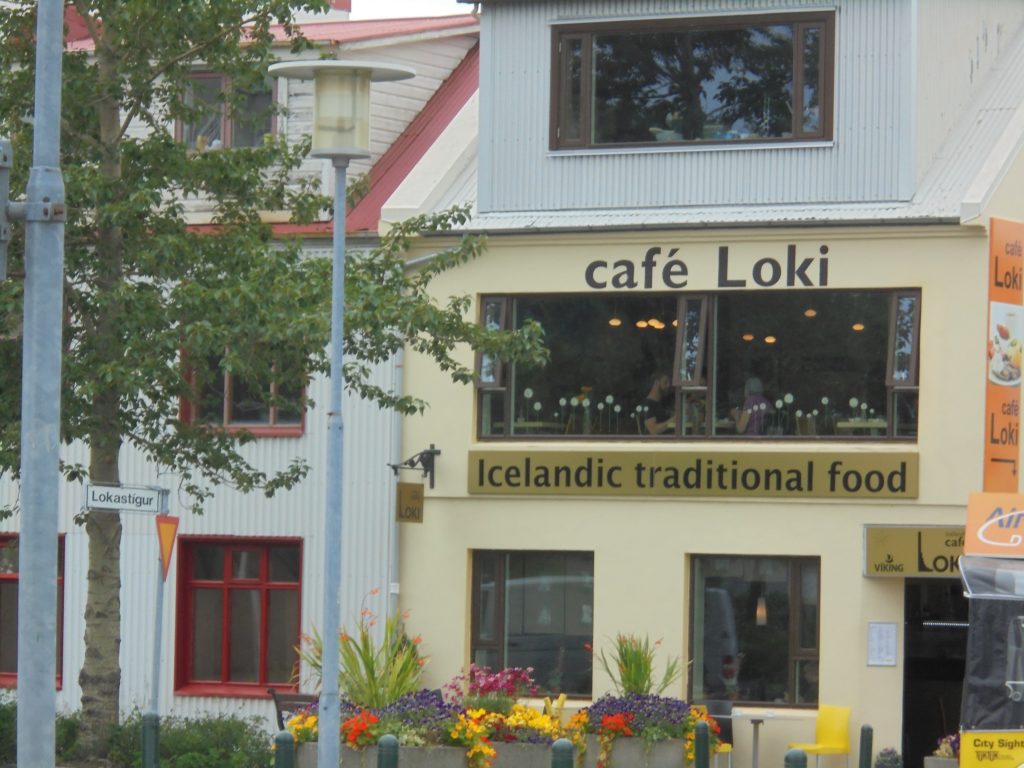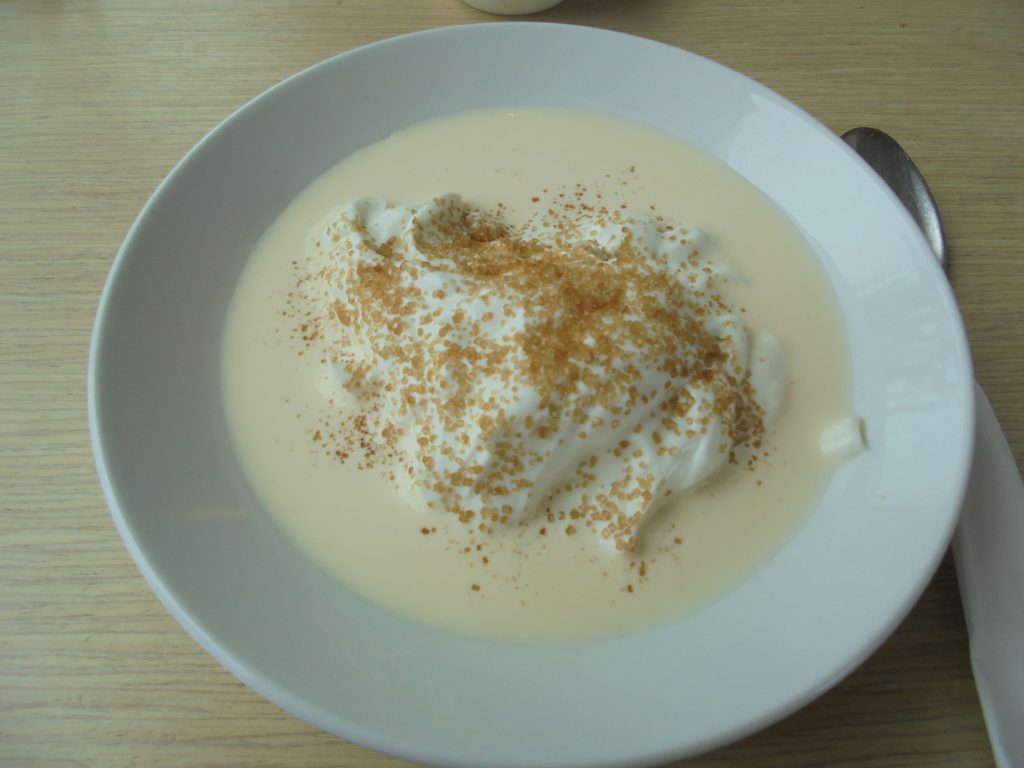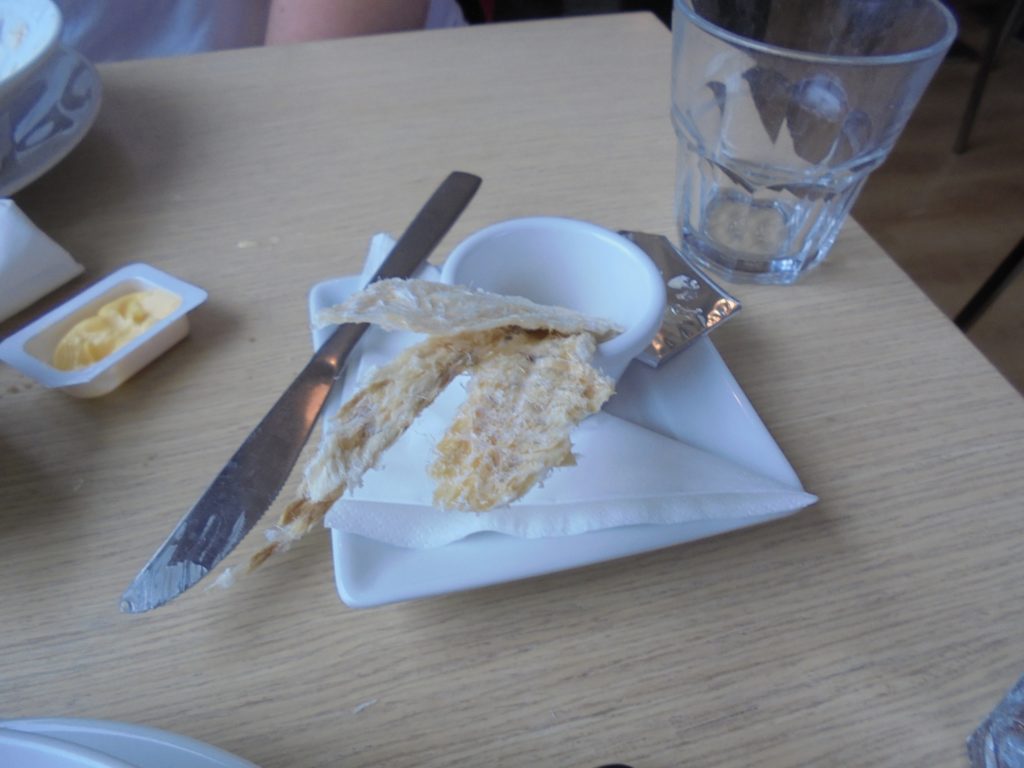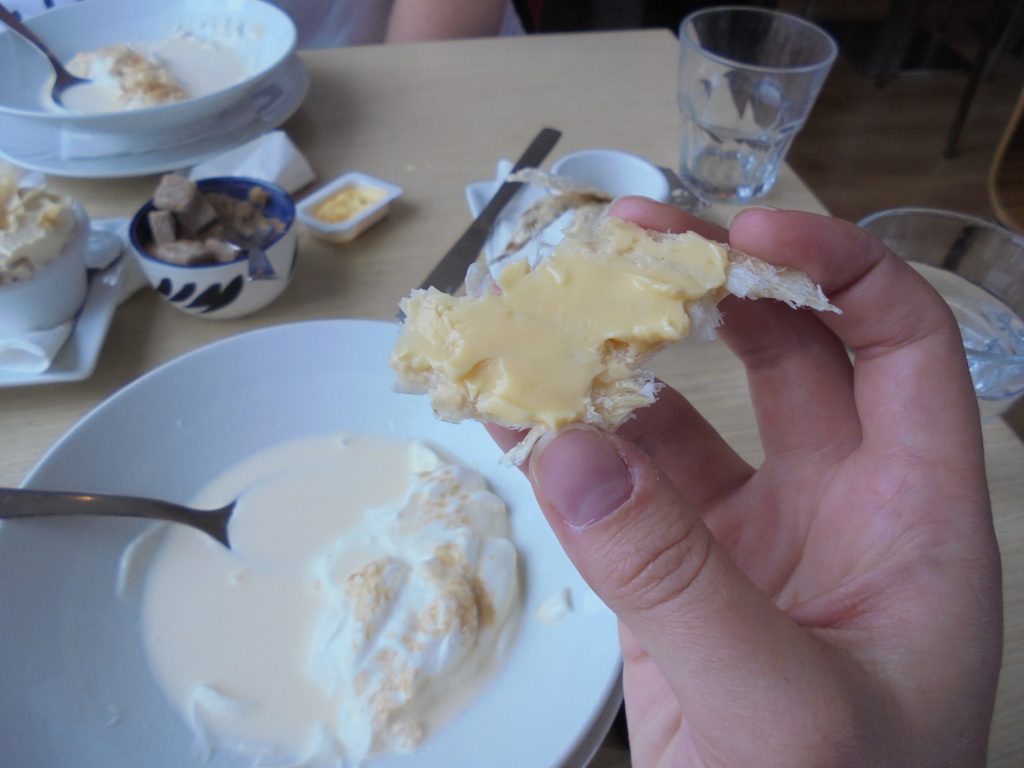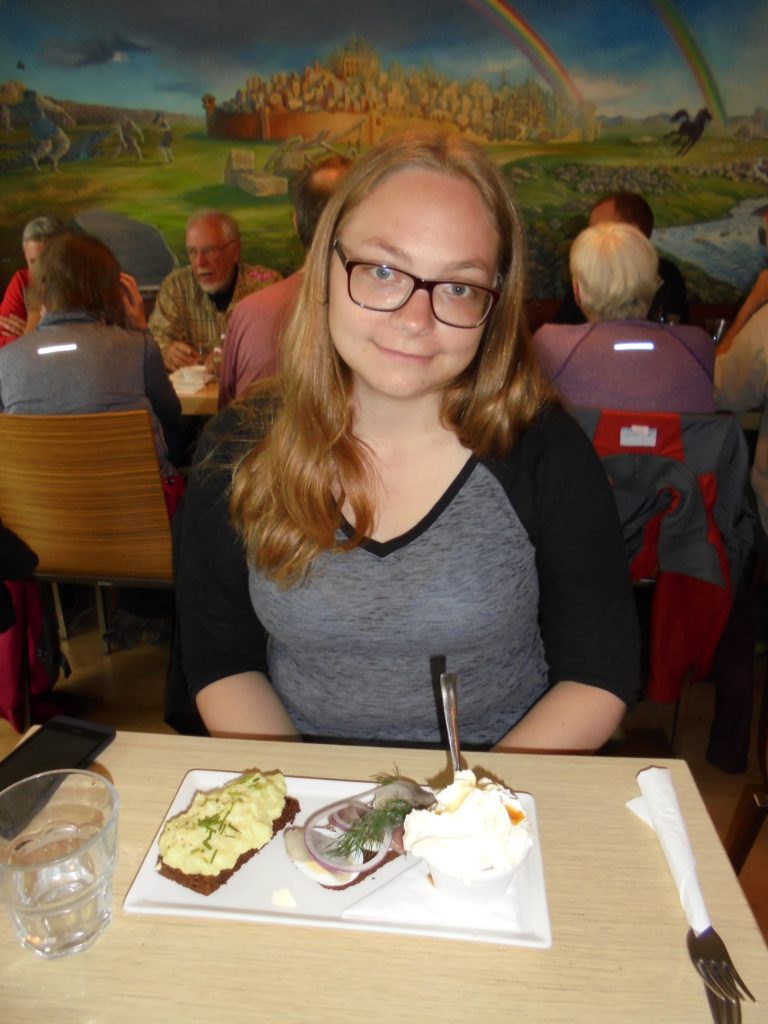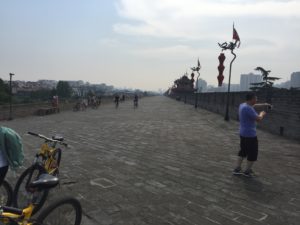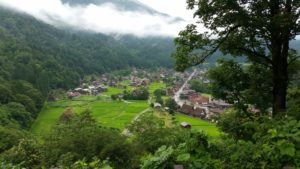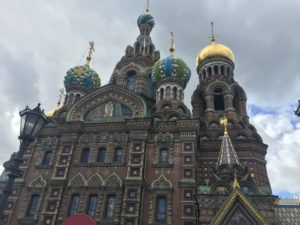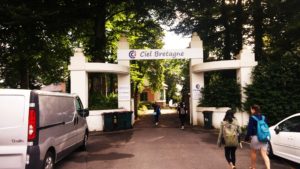Last night, I took the Metro to the east side of Montreal. After a hiccup with my connection, I finally arrived at the Villa Maria station, where I began the short walk up the western slopes of Mount Royal to meet with two Canadians. After a while, the conversation drifted to my research for my dissertation. After I explained my interests, one of my hosts asked if I had done any work at the Bibliothèque et Archives nationales du Québec, or BAnQ. I explained that I had not yet done any work there, but I hoped to spend a good deal of time there in the upcoming semester to explore their holdings. My host, who had some familiarity with the institution, had some advice for me.
“Don’t risk blowing your first impression with them,” he warned me. “Make sure that you address the first person you see in French, even if you bungle your French. With any luck you’ll make it through and they’ll be able to help you. Or else maybe they’ll speak English, or find someone who speaks English if they can’t help. In any case, you don’t want to start off by speaking English. You can’t risk putting them off like that in case they decide they don’t want to prioritize helping you. And if you stay around here, definitely don’t tell them that, even if you can converse with them in French.”
His advice to me stemmed from one of the more contentious aspects of Quebec’s culture and society: the uneasy tension between the Francophone and Anglophone communities in the Province of Quebec. I sat down with my hosts in the town of Westmount; technically part of the city of Montreal, but legally distinct from the municipal government. In 2002, the community of Westmount had, after a bitter struggle, been merged into the city of Montreal. Opponents of the merger had claimed that Westmount had a special status as an Anglophone enclave and therefore should not be merged into the Francophone city of Montreal. But in 2004, after the government had changed, the town voted to remove itself from the municipality of Montreal. After the vote to demerge, Montrealers remained bitter about the primarily Anglophone community’s seeming contempt for their Francophone neighbors. The conflict over language in this case also masked other socio-economic tensions. The area encompassed by Westmount encompasses some of the wealthiest neighborhoods in Montreal–and historically some of the most affluent in all of Canada. Their departure from Montreal entailed a substantial loss of tax revenue for the city. But the conflict played out in terms of linguistic divisions.
The cultural divide between Anglophones and Francophones in Quebec extends far back in Canada’s history. After the British conquest of New France, which included the territory of Quebec, in 1763, a small contingent of Anglophone merchants and settlers began to trickle into the French-speaking region around Quebec. After the American Revolution, the trickle turned into a flood as Loyalists fleeing the new American republic fled to British Canada. The British Crown split Quebec into two provinces in 1791, creating Lower Canada, a primarily Francophone region, and Upper Canada, inhabited by an Anglophone majority. After failed rebellions in both Upper and Lower Canada in the late 1830s, the British reunited the two regions as the Province of Canada, until the Constitution Act of 1867 created Ontario and Quebec, more or less as we know them today.
Section 133 of the 1867 Constitution Act set forth both English and French as the official languages of the both the Canadian Parliament and the Parliament of Quebec. Industrialization in the late nineteenth and early twentieth century heralded in a wave of Anglophone immigration to Quebec, especially in the urban center of Montreal. English became the language of business here, even as the majority of the population of the city remained Francophone. Concern over the growing provenance of the English language and the marginalization of Francophone Canadians in the politics and business world of what they considered “their” province led the nationalist government in 1977 to pass the Charter of the French Language, commonly known as Law 101 or loi cent et un. This bill and its provisions made French the sole official language of the Province, requiring that all business in the Province be conducted in French. Further provisions required that all signage, advertisement, branding, etc. be in French (as a concession to companies doing business throughout Canada, the law did not forbid English to appear alongside French, so long as the French had equal or greater prominence as compared to the English text).
Likewise, French became the sole language of education for most of the residents of the Province. In order for their children to receive an education at an English-language school in the Province, residents (to this day) have to demonstrate that they themselves received an education in an English-language institution. For example, if both of one’s parents grew up in Anglophone households, considered English as their first language, raised their own children in English, but nevertheless attended a French school when they were young, their children, despite being Anglophones, would be forbidden from attending an Anglophone school. My hosts—one native Anglophone and one native Francophone—explained to me that because they could prove that they both attended an Anglophone school for some time when they were young allowed them to send their own children to an Anglophone school for a year so that, in the future, their children would have the credentials to send their children (my hosts grandchildren) to an Anglophone school should they choose to.
According to younger residents of Quebec, however, the animosity between the Anglophones and Francophones has receded in recent years. According to a women in her twenties with whom I spoke, young Francophones have embraced the multicultural status of their home—at least in Montreal. The further I venture outside of Montreal or Quebec City, she warned me, the less likely I would find fluent speakers of English. Now that the impetus behind the separatist movement has died down, she suggested, much of the animosity has also abated, though some would have little sympathy for a visitor with no French language skills. But, as the tension between residents of Westmount and the rest of Montreal demonstrates, when the linguistic issue becomes entangled with other issues, it can still spark bitter animosity.
